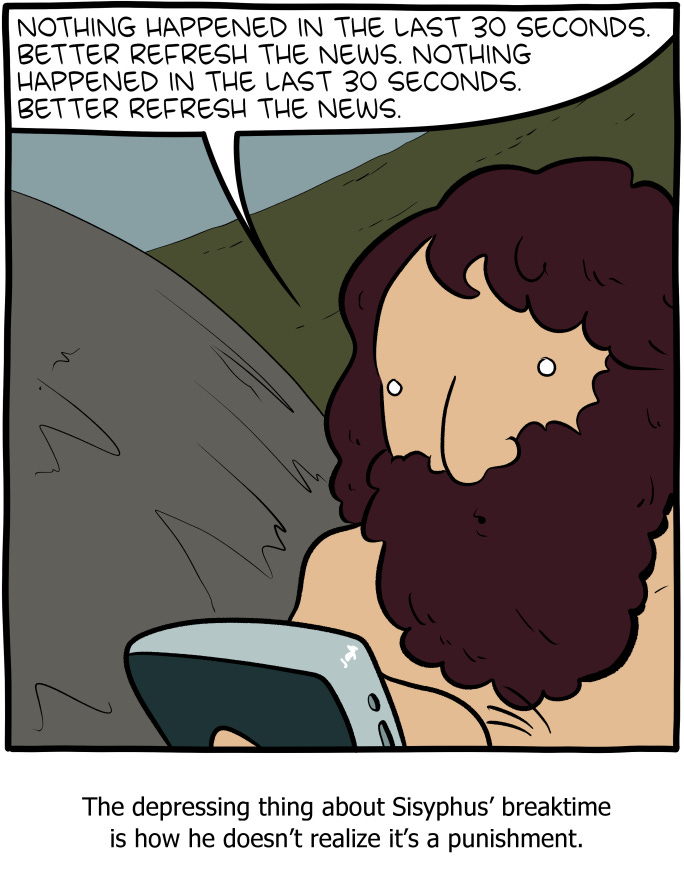Sunday Reads #155: You've tried all the productivity hacks. None of them work any more. What to do?
Advanced productivity tips for the already productive.
Hey there!
Shorter Sunday Reads today, as I’ve been on the road all week (travel is back!).
For folks who’ve joined over the last few days, sharing a couple of links that you might like:
Step by step, ferociously - looking back at 2021.
And here’s last week’s newsletter, in case you missed it: Your management fee is my opportunity.
This week, let’s talk about a topic I haven’t touched in a long while - getting stuff done. You’ve read and implemented all the hacks. You’re a productivity one-percenter. But it’s not working as well anymore. What to do?
1. What to do when the Pomodoro technique stops working.
I'm a productivity fiend. I'm always doing a lot of things, even if I don't take them all to completion.
Back when I used Todoist, I was in the top 0.1% of its users and crossed over 10K to-dos off my list. Every year.
Here's the thing though:
I felt extremely busy, but I wasn't getting enough done.
I didn't have Inbox Overload. I was (and still am) at Inbox Zero everyday.
But I did have to-do list overload. So many things to do, so little time!
A lot of "Type A" folks I speak to are in the same boat. Taken so much on their plates, they don't know what to eat first.
Well, today I'm no longer in that boat. Or I'm at least in the process of getting off (the path of a reforming addict is a long one).
What changed?
I read Shreyas Doshi's tips on "Advanced time management".
Three tips that were game-changers for me:
A. Use your calendar as a forcing function.
I thought I already had a great way of managing my tasks.
Every evening I would do a "Daily Review" and plan my tasks for the next day.
Keep the tasks I absolutely have to do.
Keep some minor ones that are nice-to-do, if I get to them.
Kill the ones I don't need to do at all 🔪🔪.
But predictably, by the next evening I would have accomplished only a fraction of them. And would then spend 15 min pushing them to the next day. Repeat.
Shreyas' solution is as simple as it is powerful. Schedule everything on your calendar.
As he says:
A calendar speaks more truth than a to-do list.
Your to-do list is the ideal Sunday evening theory. Your calendar is the brutal Monday to Friday practice.
Putting all your tasks on your calendar has several advantages:
Forces you to be thoughtful about how long each task will really take.
Makes you accept the limitations of your day. "There's no way I can do these three large tasks tomorrow, when I have meetings all afternoon".
Helps you decide how to spend your time.
Your intentions are a lie. Your calendar is the truth.
You say you want to do more deep work. You say you don't want to spend hours replying to email.
Well, look at your calendar at the end of the week. See what you *actually* did.
B. All your tasks are not created equal.
Doing great work doesn't mean you put your best effort into every task.
Identify the 10x tasks - the ones that give you disproportionate outcomes. The ones that give you leverage. Focus on them.
Your approach for each type of task should be different:
Leverage tasks (L): These give you disproportionate outcomes. Perform them with full focus. Do a great job.
Neutral tasks (N): Do a strictly good job. No more, no less. Don't strive for perfection.
Overhead tasks (O): Just get them done. Don't worry about doing even a good job.
This has been a huge force multiplier for me! I used to prioritize tasks based on urgency. Now I prioritize based on the LNO lens. It's like getting more bang for my (time) buck.
[Bonus points for scheduling your Leverage tasks first thing in the morning or after coffee, when your energy is highest.]
C. Don't use the Eisenhower Matrix. Instead, do Radical Delegation.
We've all read about the Eisenhower Matrix. Some of us have even used it.
But if you do it right, it usually stops working after a while.
You've already removed all the Not Important stuff. Now everything in your list is Important. But your streamlined to-do list is still too damn long!
Shreyas comes to the rescue with his Radical Delegation framework.
As he says:
Radical Delegation helps you
Make a major, singular impact
Truly empower team members
Grow them with “stretch tasks”
Create flow for self & others
Avoid burnout
For Radical Delegation, you *start with* the set of tasks above the line in the Eisenhower Matrix, and then ruthlessly delegate most of them with a delegation contract. That leaves you with a smaller subset for your focus and the delegation helps raise your broader team's skills.
Some more tips in the thread. Do check it out here.
PS. If all else fails, you can use my secret productivity hack (don't tell anyone 🤫):

PPS. For further reading, check out Tyler Cowen's productivity tips - esp. #2.
Hi, I’m Jitha. Every Sunday I share ONE key learning from my work in business development and with startups; and ONE (or more) golden nuggets. Subscribe (if you haven’t) and try it out for free 👇
2. Golden Nugget of the week: The Power of Storytelling.
Tim Urban of Wait But Why is a magician with words.
See this tweet, for instance:


Most of us would have stopped at mind-blowing fact 1. Some would have quoted mind-blowing fact 2. Maybe added a 🤯 emoji.
But no one, NO ONE, would have written that last line.
That third line? That’s the Prestige.
3. This made me laugh (and then go "hmm...").
If your breaktime looks like this, then it's worth checking how much of your work-time is pointlessly pushing boulders up a hill.
That’s it for this week. Hope you enjoyed it, and are staying safe, healthy and sane.
I’ll see you next week.
Jitha







